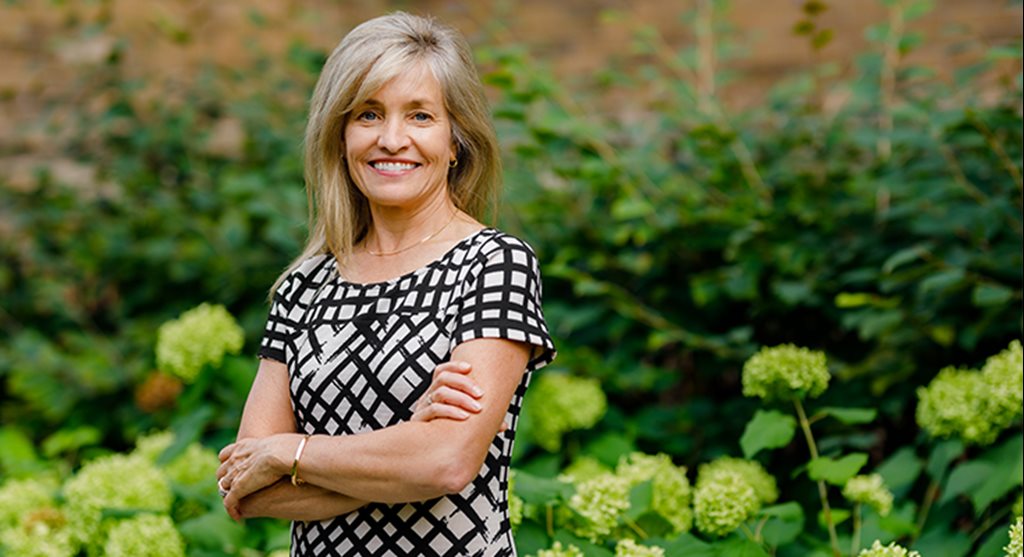
I welcome you to our most recent issue of Dialogue magazine. Our cover story explores how we all become stronger by uniting together. Allyship — Dictionary.com’s 2021 “Word of the Year” — is one of the most important ways we can address health inequities. As physicians, we tend to want to identify problems and fix them. Good allyship requires us to listen and learn. We need to listen and learn from marginalized communities, and be willing to look inward as well. I hope that you’ll take the time to read this article.
We can demonstrate allyship, for example, during the month of June by celebrating the lives of 2SLGBTQIA+ people during Pride Month festivities and committing to dismantling barriers that affect their access to quality health care. As an article in this issue makes very clear — the need for gender-affirming health care is much needed. We interview physicians — true allies — who are committed to building capacity in the system for their trans patients. I also invite and encourage you to listen to our most recent podcast where we interview Dr. Alex Abramovich, PhD, a scientist and researcher, about 2SLGBTQ+ health and youth homelessness. He discusses best practices in creating an inclusive and affirming health care setting, as well as the mental health effects of the pandemic on an already marginalized population.
We are also celebrating National Indigenous History Month. The College, in its commitment to focusing on anti-Indigenous racism, has been so fortunate to learn about how we can be allies from thoughtful leaders like Dr. Lisa Richardson, Dr. Stephanie Nixon and Dr. Ed Connors. This month is an opportunity for us to ensure we are hearing and listening to Indigenous voices, as we continue the important work of reconciliation.
Good allyship requires us to listen and learn
Allyship feels more important than ever. The pandemic has brought cultural upheaval and political polarization, which are putting unprecedented strains on our health care system. These tensions come at a time where physicians are already feeling overwhelmed and underappreciated by the system that they work within.
One way to recognize our colleagues is through the CPSO Council Award Program, which honours outstanding Ontario physicians who demonstrate excellence, compassion and dedication to the patients they serve. I encourage you to nominate a colleague.
The sudden onset of the pandemic also resulted in a rapid change in the delivery of care — to which the health system had to swiftly adapt. In response, CPSO developed policies and advice to the profession in two expanding areas: Virtual Care and Social Media. These two policies were just approved by Council at our recent meeting. We believe these policies are going to provide helpful guidance for virtual care and online interactions. You can read more about these policies in this issue of Dialogue.
The pandemic has illuminated the need to strengthen health care in Ontario, and this will require ongoing collaboration and partnership. I remain committed to working together.











